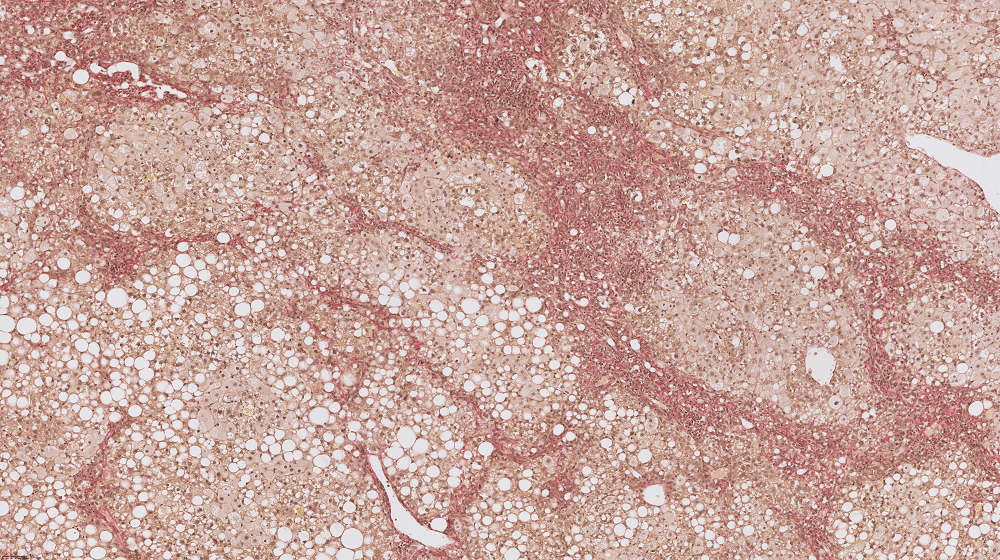
Center for Functional Genomics and Tissue Plasticity (ATLAS)
Center leader:
Professor Susanne Mandrup
Period:
October 01, 2017 - December 31, 2027
Application round:
9th Round
Host institution(s)
University of Southern Denmark
Grant:
118,1 M DKK
Cellular plasticity is a prerequisite for cellular development and physiological adaptation but is also tightly associated with disease development. Understanding of the mechanisms underlying this plasticity requires the ability to study specific cell types in their complex tissue environment. This is important because the tissue context provides crucial instructions to cells that direct cellular phenotype and response to signals.
The central aim of the Center for Functional Genomics and Tissue Plasticity (ATLAS) is to obtain a cell type and time-resolved understanding of hepatic and adipose tissue plasticity in response to metabolic challenges, in particular diet-induced obesity.
We are applying a combination of novel strategies for in vivo tagging of specific cell types and advanced genomic technologies recording the dynamic changes in the epigenome and transcriptome of cell populations and single cells. In addition, we are utilizing a palette of advanced technologies for proteome analysis, cell type-specific drug delivery, and modulation of gene expression in vivo. Based on this we will generate systems-level mechanistic and cell-type resolved models of tissue plasticity in mice. These models will be used to deconstruct data from complex clinical samples to obtain mechanistic insight into human adipose and hepatic tissue plasticity in during develop and regression of obesity.
